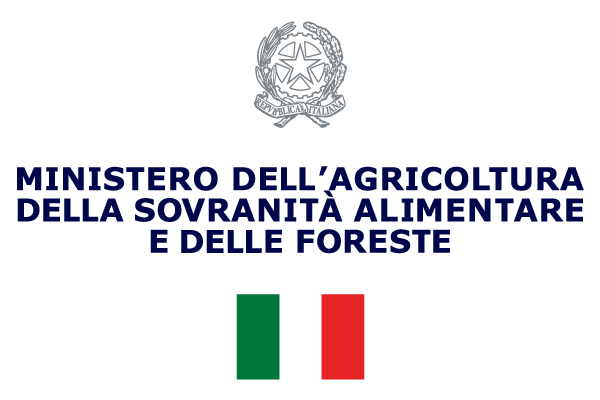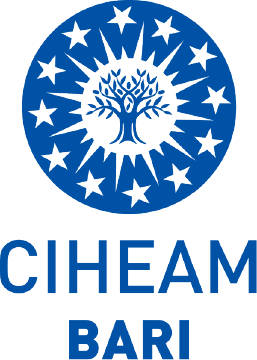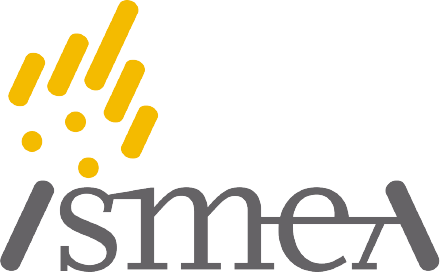Welfare issues and potential solutions for laying hens in free range and organic production systems: A review based on literature and interviews
In free-range and organic production systems, hens can make choices according to their needs and desires, which is in accordance with welfare definitions. Nonetheless, health and behavioral problems are also encountered in these systems. The aim of this article was to identify welfare challenges observed in these production systems in the EU and the most […]
Practical guidelines: how to avoid GMOs contaminations – Recommendations for farmers, food & feed processors
From the very beginning, the Organic Sector has taken a strong position: GMOs and their derivatives have no place in organic food and farming systems. Still, the risks of contamination are high in Europe. To remain GMO-free according to its standards and not to undermine consumers’ trust, the Organic Sector must take measures to avoid […]
FIBL: a vade mecum on official investigation in organic products
The objective of this Vade mecum is to provide a practical and operational document to support an official investigation which should be carried out where the control authority, control body or the competent authority receives substantiated information about the presence of products or substances that are not authorised for use in organic production pursuant to […]
FIBL: un nuovo manuale sulle contaminazioni nei prodotti biologici
La questione delle tracce di sostanze non autorizzate nei prodotti biologici, soprattutto pesticidi, è stata uno dei temi più scottanti durante lo sviluppo del nuovo Regolamento Ue sul biologico, e il dibattito continua. Se tali sostanze vengono trovate, deve essere condotta un’indagine ufficiale per determinare la fonte e la causa della contaminazione. Un prodotto può […]
Management of Pesticide Residues in Organic Products IFOAM Organics Europe Position Paper
In Europe (and worldwide), we currently largely rely on conventional agricultural systems, in which synthetic pesticides and other agrochemical products are allowed and applied. The discussion on pesticide residues must be situated in this context. Organic production does not allow the use of synthetic pesticides, artificial fertilizers or any herbicides. However, their widespread use by […]
Studio FIBL: Quale impatto ha la contaminazione ambientale da pesticidi sulla catena alimentare biologica?
Un’analisi del FiBL Svizzera sull’attuale letteratura scientifica ha dimostrato che i pesticidi sono ampiamente presenti nel suolo, nell’acqua e nell’aria e hanno il potenziale di contaminare i prodotti biologici. Queste vie di contaminazione devono essere tenute in considerazione quando si indaga sulla presenza di residui di pesticidi. L’uso di pesticidi sintetici non è consentito nella […]
IFOAM OE: un nuovo documento di sintesi sulla gestione dei residui di pesticidi nei prodotti biologici
IFOAM Organics Europe ha pubblicato un nuovo documento di sintesi sulla gestione dei residui di pesticidi nei prodotti biologici. Il documento rappresenta una vera e propria pietra miliare e fornisce una guida che era attesa da molti stakeholder del settore biologico all’interno e all’esterno dell’Ue. Con questo documento di posizione si intende rendere ampiamente riconosciuto […]
Presence of pesticides in the environment, transition into organic food, and implications for quality assurance along the European organic food chain – A review
The use of synthetic pesticides is not allowed in organic production, but traces of synthetic pesticides are regularly detected in organic food. To safeguard the integrity of organic production, organic certifiers are obliged to investigate the causes for pesticide residues on organic food, entailing high costs to the organic sector. Such residues can have various […]
Carne biologica al dettaglio: meno batteri resistenti agli antibiotici rispetto alla carne convenzionale
La certificazione biologica vieta l’uso di antibiotici nella produzione di carne, e la scienza dimostra che la riduzione dell’uso di antibiotici nella produzione si traduce in una minore presenza di batteri resistenti agli antibiotici sulla carne lavorata. D’accordo con la scienza del passato, un nuovo, ampio studio pubblicato in Environmental Health Perspectives mostra che la […]






